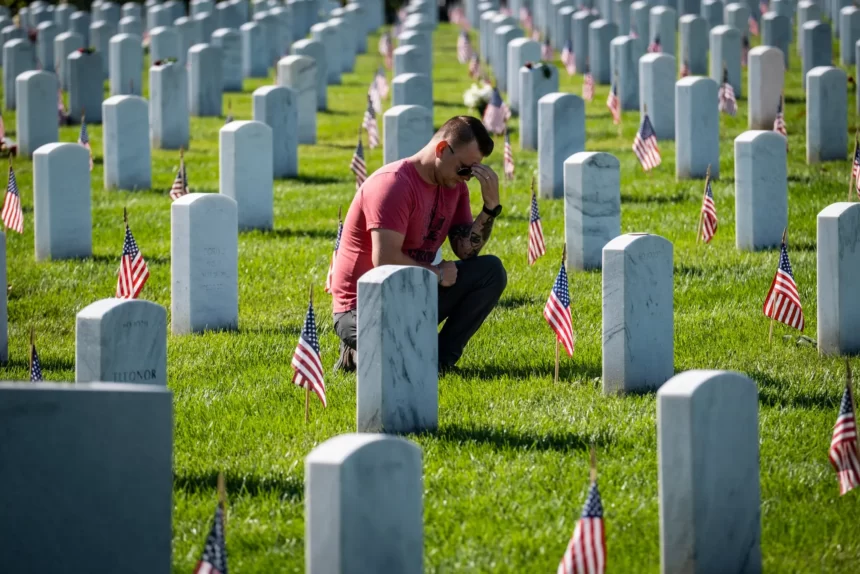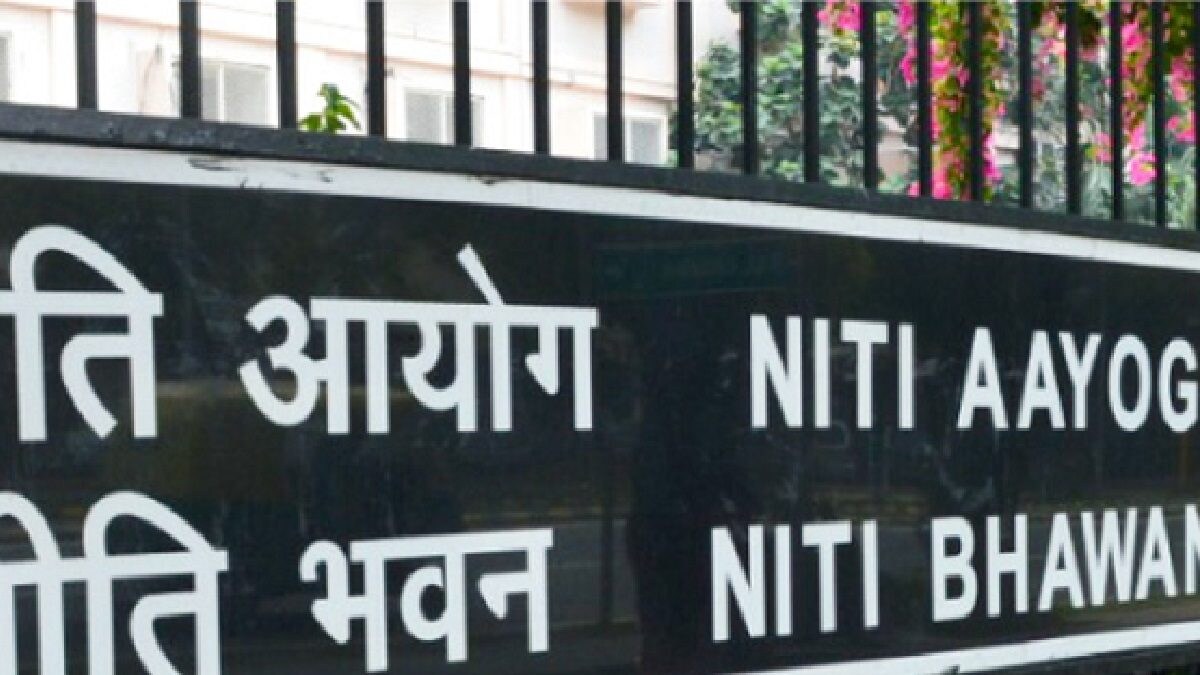Introduction: Remembering Our Heroes on Memorial Day
The holiday marks the unofficial start of summer and honors those who have died in the nation’s wars. Here’s how it all began.
Memorial Day is an annual holiday observed in the United States, dedicated to honoring and remembering the brave men and women who have made the ultimate sacrifice while serving in the military. This solemn day is an opportunity for Americans to reflect on the sacrifices of these fallen heroes and express gratitude for their service. In this article, we will delve into the history of Memorial Day, its significance, and how it is celebrated across the country.
Table of Contents
- The Origins of Memorial Day
- The Aftermath of the American Civil War
- Commemorative Events and Decoration Day
- Official Recognition: From State to National Holiday
- General John A. Logan’s Proclamation
- Adoption of Decoration Day by Various States
- Memorial Day as a National Holiday
- Memorial Day Traditions
- Paying Respect at Cemeteries and Memorials
- Parades and Processions
- The National Minute of Silence
- FAQs about Memorial Day
- Why is Memorial Day important?
- Is Memorial Day only about barbecues and sales?
- Can I visit national cemeteries on Memorial Day?
- How can I involve children in Memorial Day commemorations?
- Are there any virtual Memorial Day events?
- Can non-Americans observe Memorial Day?
- Conclusion
Memorial Day History: From Decoration Day to National Holiday
The Origins of Memorial Day
The origins of Memorial Day can be traced back to the aftermath of the American Civil War. After the devastating conflict that claimed countless lives, communities began organizing commemorative events to honor the fallen soldiers. These events, known as Decoration Day, involved decorating the graves of the fallen with flowers and flags.
Official Recognition: From State to National Holiday
The movement to establish a national holiday to honor the fallen gained momentum over time. On May 5, 1868, General John A. Logan, the commander-in-chief of the Grand Army of the Republic, issued a proclamation designating May 30 as Decoration Day. This date was chosen because it did not coincide with any specific battle anniversary. General Logan’s proclamation urged Americans to decorate the graves of fallen soldiers and to observe the day with solemn ceremonies.
Decoration Day gradually gained recognition throughout the United States, with various states adopting the observance. However, it wasn’t until after World War I that the holiday evolved into a day of remembrance for all Americans who died while serving in the military. In 1971, Memorial Day was officially designated a national holiday by an act of Congress, and its observance was set on the last Monday in May.
Memorial Day Traditions: Remembering the Fallen
Paying Respect at Cemeteries and Memorials
One of the most enduring traditions of Memorial Day is visiting cemeteries and memorials to pay respects to the fallen. Many people take the time to decorate graves with flags, flowers, and other symbols of remembrance. National cemeteries, such as Arlington National Cemetery in Virginia, become focal points for ceremonies and tributes.
Parades and Processions
Memorial Day parades and processions are another integral part of the observance. These lively events often feature marching bands, floats, and military personnel, showcasing the spirit of patriotism and honoring the sacrifices of the fallen. Communities across the country organize their own parades, attracting locals and visitors alike.
Moment of Remembrance: The National Minute of Silence
At 3:00 p.m. local time on Memorial Day, Americans participate in the National Moment of Remembrance. This tradition, established by Congress, encourages people to pause and
observe a minute of silence to honor the fallen. It serves as a collective act of remembrance that unites the nation in paying tribute to those who made the ultimate sacrifice.
FAQs about Memorial Day
- Why is Memorial Day important?
Memorial Day is important because it provides an opportunity for the nation to come together and remember the brave men and women who sacrificed their lives in service to their country. It allows us to express our gratitude and honor their memory.
- Is Memorial Day only about barbecues and sales?
While Memorial Day has become associated with barbecues, sales, and the unofficial start of summer, it is crucial to remember the true meaning of the day. It is a time for reflection, remembrance, and honoring the fallen.
- Can I visit national cemeteries on Memorial Day?
Yes, national cemeteries are open to the public on Memorial Day. It is a fitting occasion to visit these sacred grounds and pay respects to the fallen heroes buried there.
- How can I involve children in Memorial Day commemorations?
Involving children in Memorial Day commemorations is important for teaching them about the sacrifices made by military personnel. You can engage them by explaining the significance of the day, visiting local memorials, and participating in community events.
- Are there any virtual Memorial Day events?
Yes, many organizations and institutions host virtual Memorial Day events, allowing people to participate from the comfort of their homes. These events often include virtual tours of memorials, live-streamed ceremonies, and interactive activities.
- Can non-Americans observe Memorial Day?
While Memorial Day is primarily an American holiday, people from all over the world can participate in honoring the fallen and expressing their gratitude. Remembering the sacrifices made by servicemen and women is a universal sentiment.
Conclusion: Honoring the Sacrifice
Memorial Day holds a special place in the hearts of Americans, as it allows the nation to come together and pay tribute to those who made the ultimate sacrifice. From its humble beginnings as Decoration Day to its current status as a national holiday, Memorial Day serves as a powerful reminder of the bravery and selflessness of our fallen heroes.
As we commemorate Memorial Day, let us take a moment to reflect on the significance of this solemn day. Whether it is by visiting cemeteries, participating in parades, or observing the National Minute of Remembrance, let us honor the sacrifices of the fallen and express our gratitude for their service. Together, we can ensure that their memory lives on.






